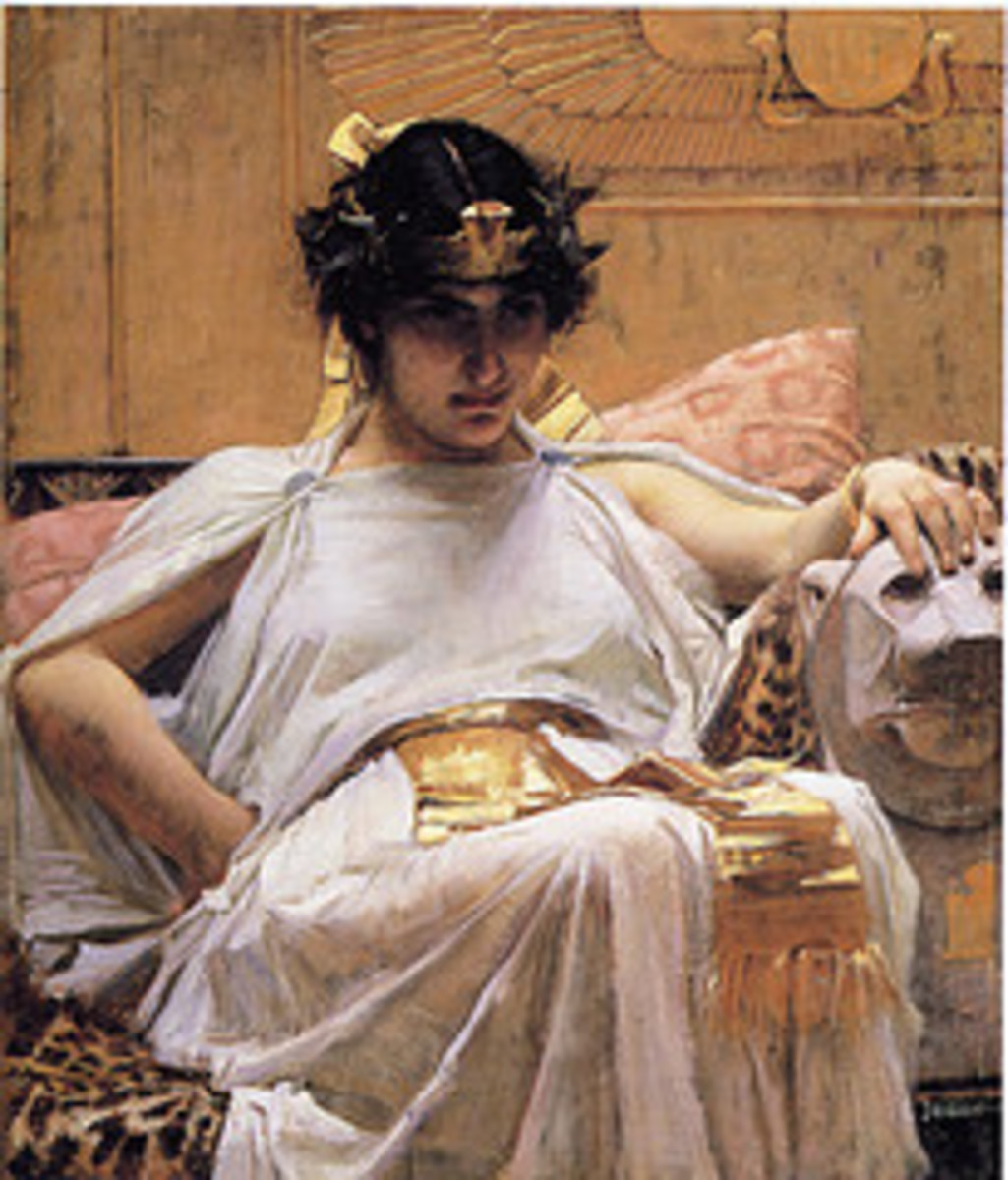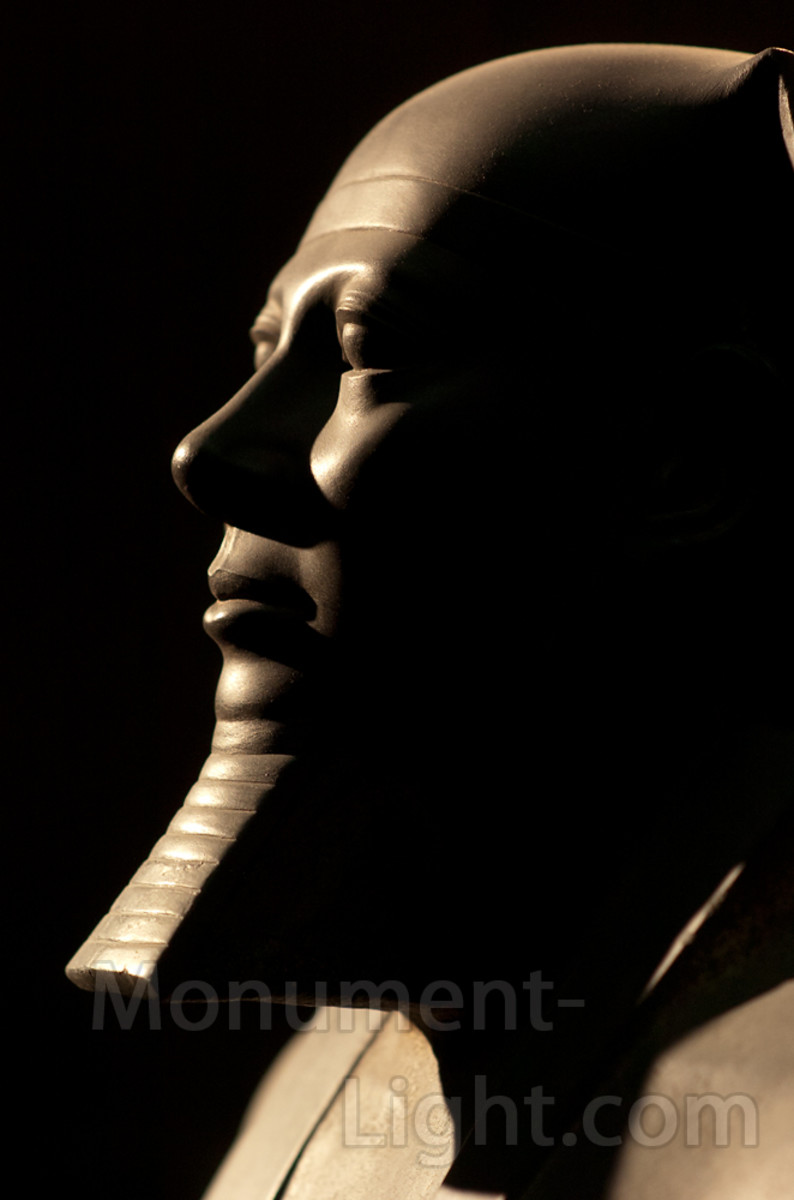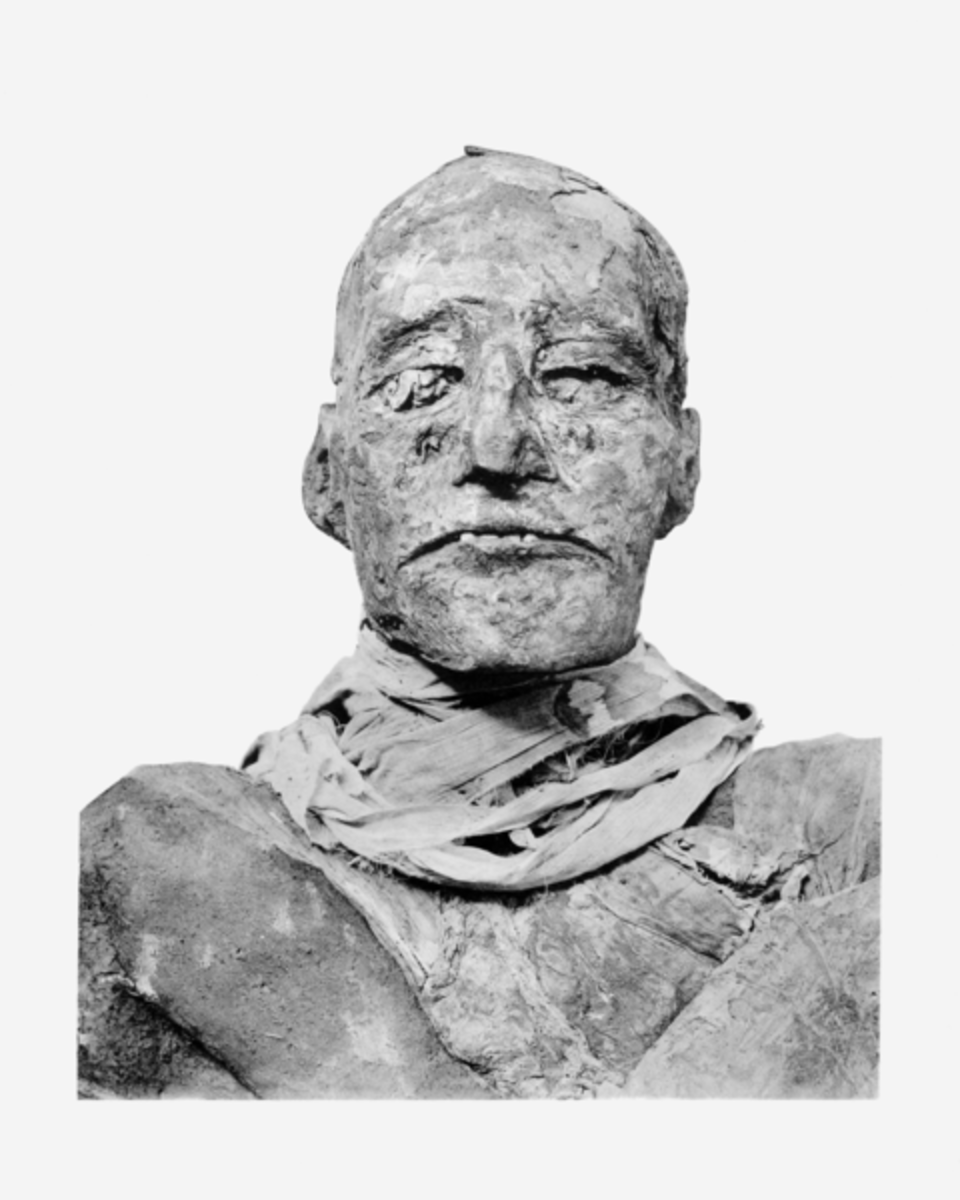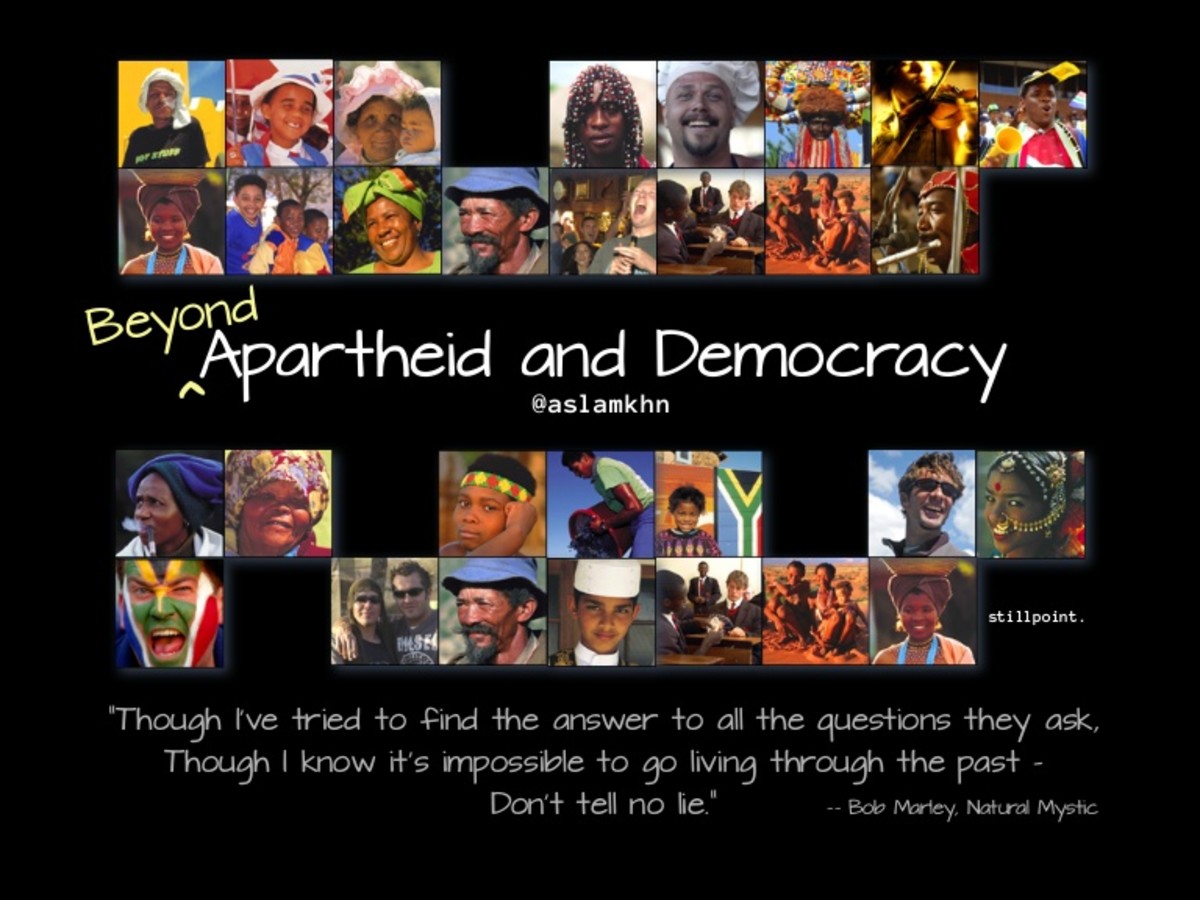The Revolution WILL Be Televised: Liberation in Egypt
Ahdaf Soueif: "Something wonderful is being born here: an inclusive, grassroots, democratic movement which is - even in this time of extreme crisis - enacting ideals of non-violence, creativity, courtesy, public service... what can I say? This revolution is not just Egyptian; it belongs to everyone in the world who believes in the possibility of a better way for us all to live together."
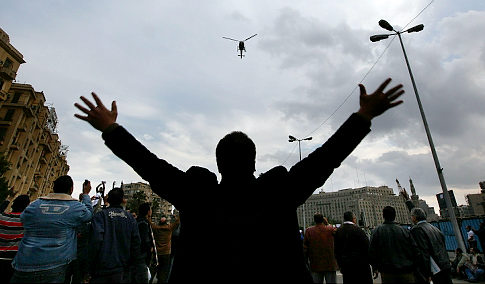
The moment of revolution
There’s a great piece of urban poetry on Gil Scott Heron’s first album released in 1970, called The Revolution Will Not Be Televised.
I think many of us who have been glued to our TV sets watching live pictures from Tahrir Square in central Cairo these last few weeks would probably want to argue with Gil Scott Heron’s prognosis, brilliant though his poetry is.
The revolution WILL be televised. It is being televised. It will go on being televised.
The revolution is not over yet.
I’ve always said that the moment of revolution is when the army changes sides. It’s when the guns turn round and point in the other direction. The situation in Egypt is that the Supreme Council of the Armed Forces, who were complicit in Mubarak’s crimes, are now running the show. They have promised free and fair elections, but they haven’t said when. They have not promised to try members of the old regime for their crimes. This is because they are members of the old regime.
On the other hand, the lower ranks and the ordinary conscripts are definitely on the side of the people. If the orders come to shoot at the people, they will not shoot. They will join the people in their revolution. The guns will be turned in the other direction.
I think that what we have learned in these last few weeks is that the revolution is not to be feared. The people rose up and by sheer force of numbers broke the back of a police state. It was the young people, full of fire and energy, who threw themselves at the ranks of the police, and who died in great numbers, who were at the forefront of the revolution. This is always the case. I think we should remind ourselves of this when the young people in our own country rise up, burning with indignation at the sight of injustice, as they batter themselves against the police lines, seemingly without fear. It is always the young who are the martyrs in a revolution. It is always the old who take the credit.
Hypocrisy
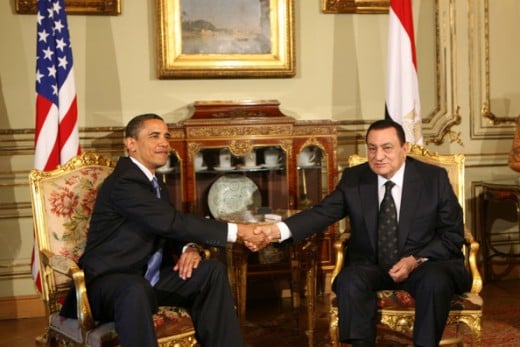
The revolution has been half-heartedly welcomed in the West. It wouldn’t do to lose face at this critical time. Obama has been making speeches. There is a breathtaking hypocrisy in this as it is the West who have kept Mubarak in his position of power all these years, in full knowledge of the extent of his crimes. Indeed, the United States has been directly complicit in the execution of his crimes, having used the Egyptian regime as a one-stop shop for torture for a number of years.
The interim government has said that it will not break its treaty obligations. But in the end this will be for the people to decide. It depends on whether the provisions of the treaties are just or not. If the treaty with Israel means the continued incarceration of the Palestinian people in that open air prison camp that is the Gaza strip, then this is not only against natural justice, it is against international law, which expressly forbids the collective punishment of a people. I think that the Egyptian people, who have shown themselves to be an honourable and a just people, will not countenance this continuing stain on humanity, and will insist on the opening of the Rafah Crossing to allow for humanitarian aid at the very least.
I hope that even now aid convoys are being organised to break the siege and to take much needed relief to the people of Gaza.
More than anything I think that what this revolution has shown is the generosity of spirit that lies in the human heart, once free from the fetters of oppression. Who has not been moved by the scenes of unbridled joy and celebration coming out of the cities of Egypt at the overthrow of a dictator? It would be a stony heart indeed which would not be moved to dance with the dancers in Tahrir Square in the sheer exuberance of expectation, in the hope of all humanity, in the joy of liberation.
“Tahrir” means Liberation, of course.
May the people of the West find their own Tahrir Square one day.

© 2011 Christopher James Stone

